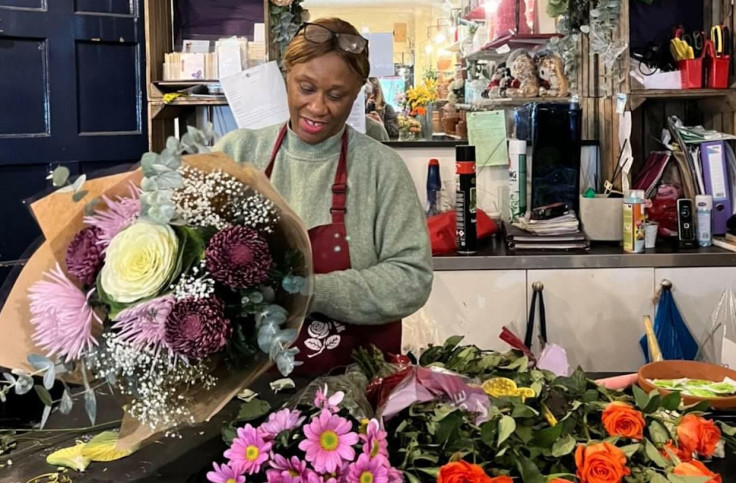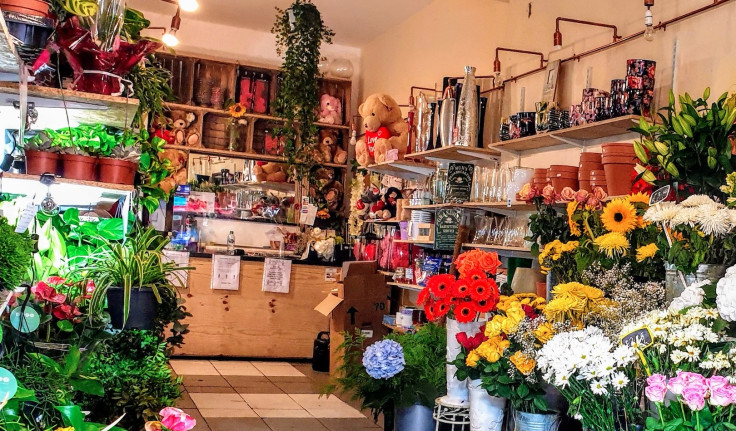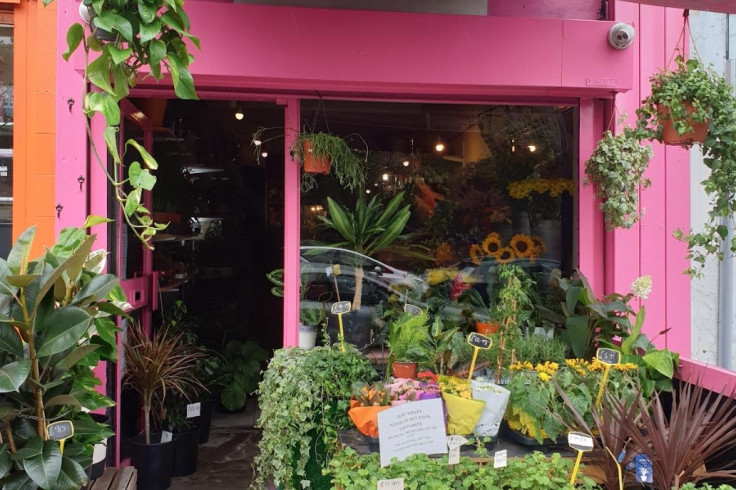
As part of Simply Business' "Best UK Cities for Small Businesses Index for 2024", London was listed as the best city in the UK to start a small business.
Despite average monthly rent prices measuring around £2125, the capital's average earnings, start-up programmes and coworking spaces boosted it to the top.
Leicester, Coventry and Doncaster followed closely behind London and were considered more affordable cities for small business entrepreneurs in the UK.
"Small businesses sit at the heart of our communities and play a vital role in our local and national economy," said Alan Thomas, the UK CEO of Simply Business.
"Our recent SME Insights Report revealed that more than a quarter (26%) of small business owners in the UK believe that they will be forced to cease trading if the outlook for their business does not improve. Half of SME owners believe the rising cost of living is the most glaring challenge facing their business with rising taxes, interest rates, and inflation eating into profit margins."
"We know finance plays a huge part in starting or growing a successful small business. A quarter of small business owners cited lack of funding (25%) as a major factor affecting their business."
Janet Edwards is a floral artist and owner of Janet Edwards Florist, a flower vendor based in Brixton Hill, South London.
Edwards told International Business Times UK: "In the current climate, many businesses are closing in London due to very high rents and business rates."
"There are so many entrepreneurs out there who need a break and want to open a business, but the high rents and rates are putting them off as the banks are not lending money or offering overdrafts. Even my bank, after 14 years, refuses to give us an overdraft. Lots of companies are leaving for places like Liverpool and Manchester now."

The florist noted that she started a business in London because "this is where I live and never thought of anywhere else."
"I started my business by doing a little flower stall at Elephant and Castle Market."
To help small start-ups tackle the cost of living crisis, which has seen sales drop "rapidly", the florist urged landlords to be "more considerate."
Edwards said landlords should "think of boosting the economy and the high streets by offering affordable rents."
"Some money is better than nothing," she added, noting that businesses are still recovering from the long-lasting impacts of Brexit and the COVID-19 pandemic.
"Brexit has affected us dramatically as the flowers we purchase come from Europe, which has drastically affected the price of flowers and plants," Edwards continued. "With the cost of living crisis, flowers are seen as a luxury and take a back burner... The money we made covered the cost of paying for the flowers as the wholesale prices have quadrupled."
To survive the lockdown in 2020, Edwards said she "basically moved my equipment from my shop to my house and stuffed it in the shed and made my arrangements in the garden and the dining room when it rained."
"Returning slowly to normality was different as we had to click and collect, and customers would see us working in the shop and would phone us for flowers and wait outside while we made up their order with the door shut with our masks on."
"Running a business entails hard work and determination and can be stressful," the florist went on, advising other small business owners in London to "make sure you have some money behind you to start as you cannot rely on the banks or friends."

If business rates on a premise are "too high" in London, independent brands should "find something else," Edwards said. "You don't want all your hard-earned money going into rates."
In January this year, London Mayor Sadiq Khan warned that the post-Brexit checks on EU imports would hit Londoners the hardest, boosting higher food and rent prices.
According to a report published by London-based real estate agency Savills, the city has already seen rent prices increase by more than 30 per cent.
Business demography data published by the Office for National Statistics (ONS) also shows that England's capital saw more than 105,000 businesses close in the first quarter of 2023. The dramatic decline was the most significant recorded net decrease, with just 79,000 new business creations.
The most recent ONS data revealed that, in the last quarter of 2023, there was a significant increase in small businesses arising in the accommodation and food services industries, with creations up by 22 per cent.
Khan announced that a huge £9 million has been put towards his Grow London Local scheme to support London's small businesses amid the cost-of-living crisis.







